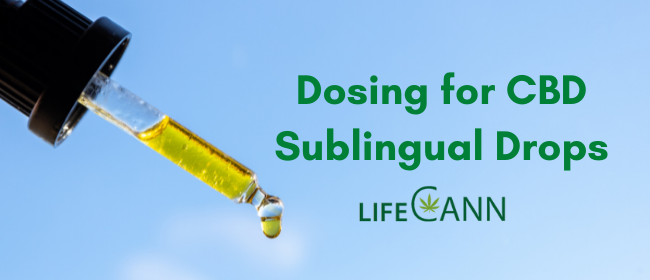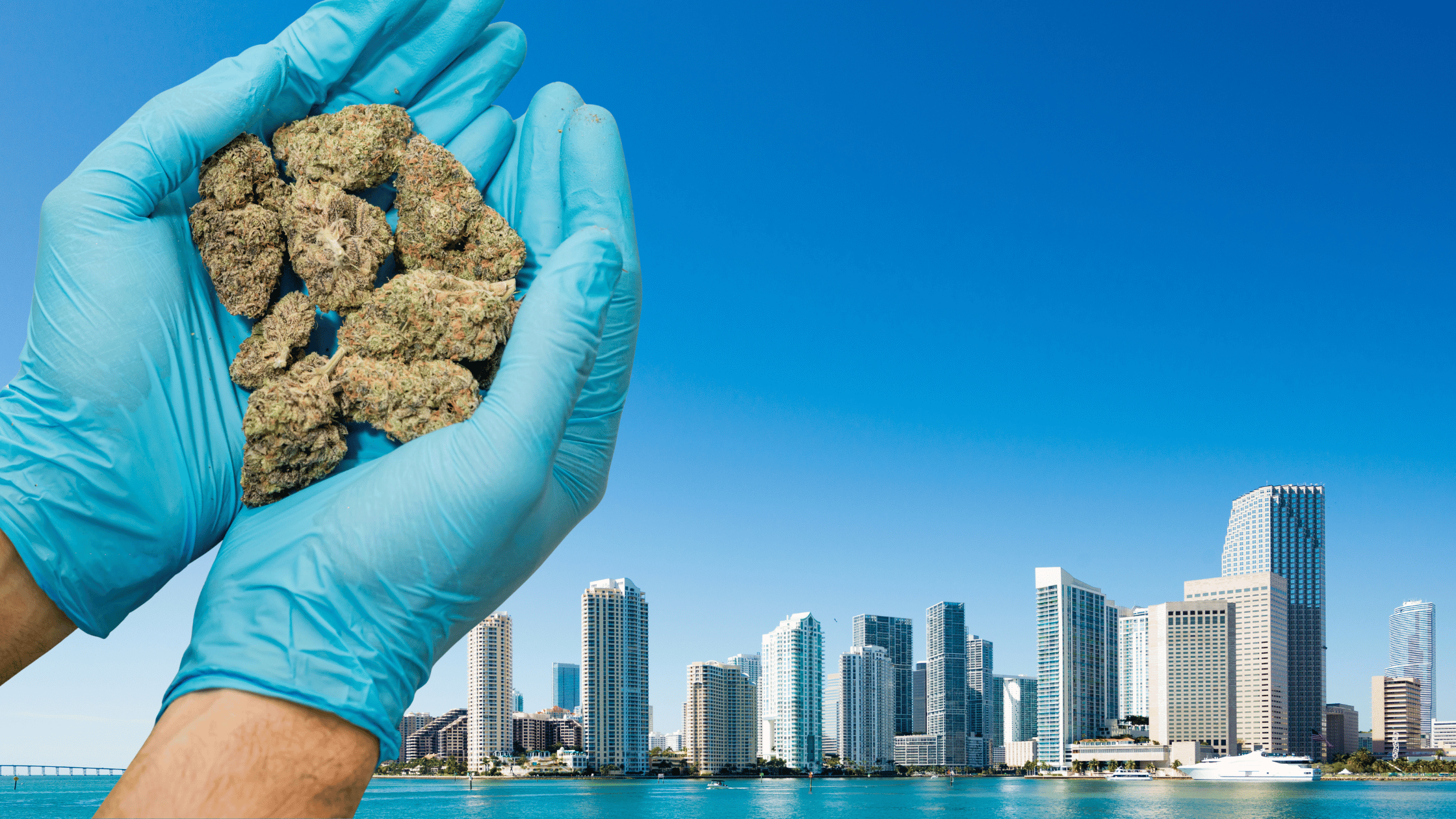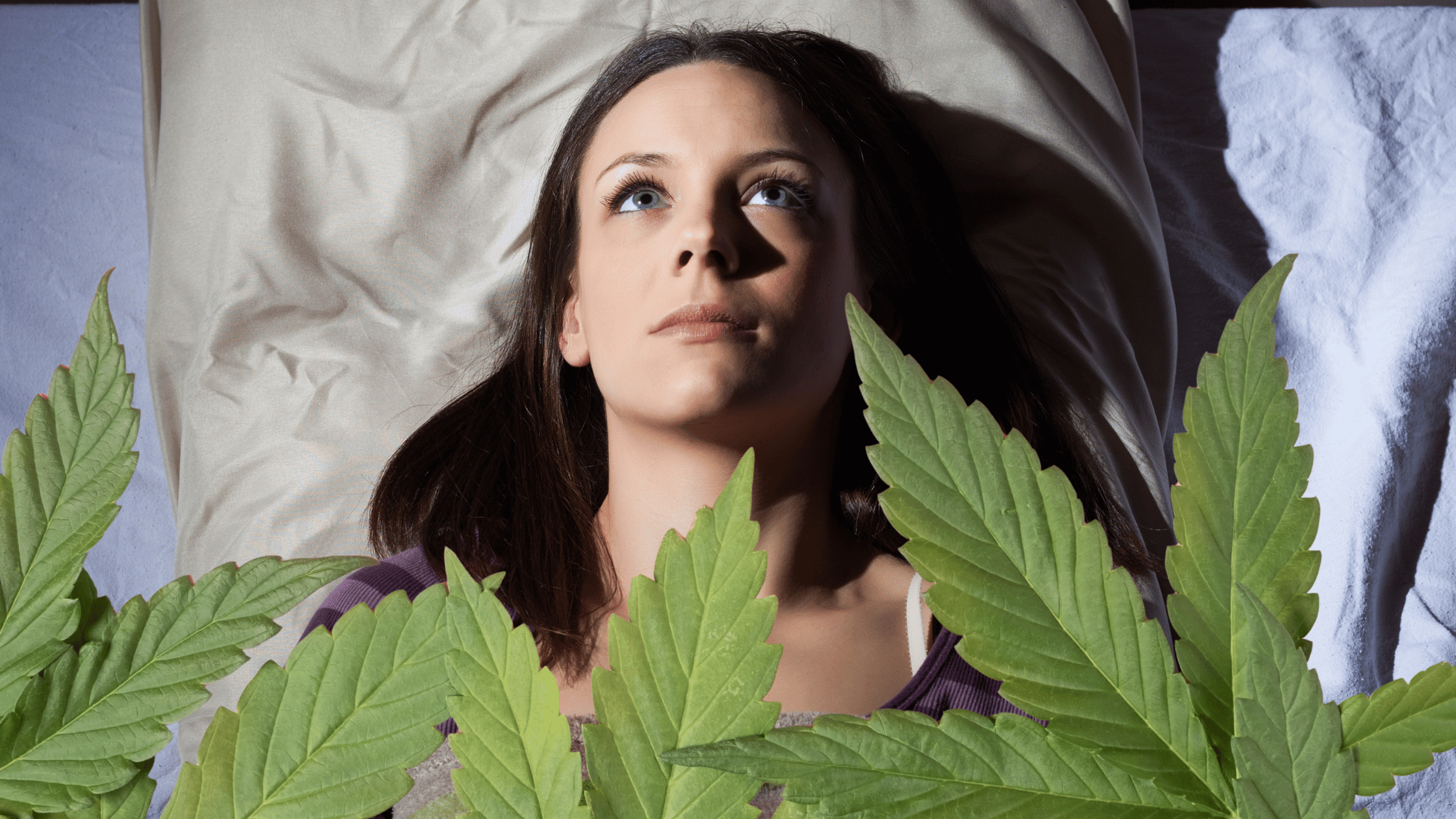
CBD is an emerging therapy that has been shown to help with various health conditions, from insomnia to pain to anxiety. There are numerous methods with which to safely take cannabis products such as CBD. One of the most popular is CBD sublingual drops. Research is also ongoing with regard to consuming CBD and it is “bioavailability” that lies at the crux of the most optimum method when it comes to consumption. Bioavailability is calculated as the proportion of the active substance that enters the body and how much of it goes on to have a viable and active effect.
Sublingual consumption is when CBD drops are held under the tongue for approximately 60 seconds – thereby absorbed directly into the bloodstream. The area under the tongue is able to quickly absorb the active substance and deliver it directly into the bloodstream. This methodology affects the onset, duration, and intensity of the effects of the product.
Sublingual administration is convenient, discreet, and fast-acting. This particular method of delivery appeals to those looking for an alternative to edibles – the effects of which are shorter lived and less intense. Additionally, since the digestive system takes time to break down the ingested substance, many compounds lose their potential bioavailability and time to onset is delayed. As CBD oil has a sublingual bioavailability of 13% to 19%, users will experience the beneficial effects within about 20 minutes. However, with sublingual dosing of CBD, there is a faster onset.
Once CBD enters the bloodstream, it makes its way around the body. The molecules in CBD interact with the receptors in the body’s endocannabinoid system, receptor sites in the brain and receptors in both the nervous and immune systems. The route to these systems and receptors affects how long it takes to get there as well as the strength of the effects.
Every product affects everyone’s body and physiology differently. Therefore, it’s not just the form the product is taking or the method – it’s the uniqueness of a patient’s own body that affects absorption and produces desired effects. IE each product affects each patient in different ways. These factors include:
Bodyweight.
Bodyweight has a huge impact on the way a product behaves within the body. In general, the more a patient weighs, the more of a particular substance they are going to need in order to manifest the desired effect. Body composition is also part of the equation. Since the body is made up of tissues, fats, and muscles, fat is only one component of body composition. That said, large levels of fatty deposits in the body affects the way a body responds to substances.
Metabolic rate. Every patient has a different metabolic rate which determines how quickly a patient is able to burn calories and transform them into needed energy. Patients with higher metabolisms are able to break down and utilize compounds found in CBD more quickly. These patients would also benefit from a higher dose than those with slower metabolisms.
The art of dosage is very precise. In most cases, it takes approximately 15 minutes for sublingual CBD to take effect and has a varying half-life of between 1 and 10 hours with doses of between 5 and 20mg.
Studies have shown general dosing amounts have resulted in no adverse side effects.
In general, patients should start with a lower dose. The best way to determine an initial CBD dose is to calculate by bodyweight. Experts recommend starting with 1–6 mg of CBD per pound.
First, determine how much CBD a dropper holds. Typically, a dropper can carry 1 ml of liquid. Here is a simple formula:
Total CBD in the bottle divided by the number of milliliters in a bottle will equal the mg of CBD in a dropper.
Patients can then gradually Increase their dosage.
Here are some general recommendations:
CBD Dosage for Anxiety
A dosage of 40 mg of sublingual CBD is recommended as an effective treatment for social anxiety. However, more severe cases of anxiety may need up to 300 mg.
CBD Dosage for Pain
The optimal CBD dosage for patients treating chronic pain ranges between 2.5–20 mg of CBD. Patients may require higher doses depending on body weight and composition.
CBD Dosage to Improve Sleep
CBD may induce sleepiness at high doses. Patients dealing with sleep disruption or insomnia should try between 25–175 mg of CBD before bedtime.
The amount of product patients consume at any one time influences the way in which it affects the body. Dosing matters with sublingual administration. Visiting a specialist in MMJ and cannabis products (even CBD) such as Dr. Fernando Fandino-Sende and his team at Miami’s LifeCann MD is the best way to decide what works for each individual patient.
Dr. Sende is also able to talk patients through dosing options for sublingual consumption and offer his professional recommendation for what would work best for each patient’s individual situation.
Florida’s top-rated medical marijuana referral clinic has served over 5,000 satisfied patients. For more information, please visit www.lifecannmd.com, email monika@lifecannmd.com or call (833) 543-3226.


